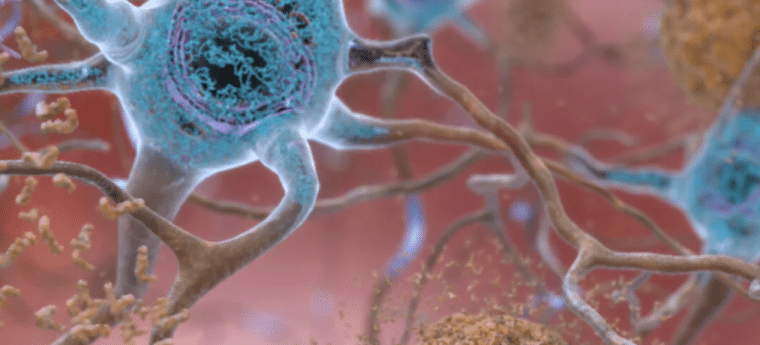Researchers have found a rare genetic mutation has been found in a Colombian man that protected him against early-onset Alzheimer’s disease.
The individual who had a family history of developing early-onset of the condition was observed to only have a mild form of dementia, even though his brain showed physical evidence of the disease.
The discovery may help modern scientists in resolving the mystery behind the development of such health conditions.
The findings could help researchers to better understand the causes of Alzheimer’s disease and potentially lead to new therapies that boost people’s resilience against the debilitating disease.
New Genetic Mutation Delays The On-set Alzheimer’s By 20 Years
Francisco Lopera, a neurology researcher at the University of Antioquia in Medellín, Colombia has been studying the early onset of Alzheimer’s in a family for over four decades.
Leading a team of more than 20 scientists, Lopera identified “paisa” mutation as the cause of the early-onset of the neurological impairment in the family with more than 6,000 members. Preliminary findings showed that members of the family develop Alzheimer’s around the age of 40.
According to the findings of the study published in Nature Medicine Journal on May 15, one individual did not develop cognitive decline until the age of 67.
How one man's rare Alzheimer’s mutation delayed the onset of disease https://t.co/66bXaYVuJI
— nature (@Nature) May 15, 2023
Autosomal dominant Alzheimer’s disease (ADAD) – also known as Dominantly inherited Alzheimer’s disease (DIAD) – is a form of dementia caused by rare, inherited gene mutations.
ADAD is estimated to account for approximately 1% of all Alzheimer’s disease (AD) cases and affects 1-9/100,000 adults around the world, according to data from Orphanet.
The onset of AD depends on a number of factors including the presence of mutations in one of three genes – amyloid precursor protein (APP), presenilin 1 (PSEN1), or presenilin 2 (PSEN2) – or duplication of the APP gene.
ADAD is most commonly caused by mutations in the PSEN1 gene and is characterized by the early onset of cognitive impairment, at around 40 to 50 years of age.
In autosomal dominant inheritance, a genetic condition occurs when a variant is present in only one allele (copy) of the PSEN1 gene.
The University of Antioquia researchers discovered that the man they studied did not develop Alzheimer’s symptoms for 20 years, despite having the genetic mutation associated with ADAD.
He started exhibiting difficulties with short-term memory and language at 70 and, at 73, required assistance with basic activities of daily living.
The ‘Paisa’ mutation
Scans of his brain revealed that there were high levels of amyloid plaques that resembled those of an individual with severe dementia. However, the man showed signs of only mild cognitive impairment.
The researchers found that the man had a second genetic mutation in the gene coding of protein Reelin which is associated with brain disorders including schizophrenia and autism, but not in Alzheimer’s thus far.
Since there is little information on the role of Reelin in AD, the researchers genetically engineered mice with the same mutation. They found that it resulted in modification of the tau protein and limited its ability to cluster around neurons.
The findings challenge the theory that Alzheimer’s disease is primarily fueled by amyloid plaques, which are the targets of several drugs recently approved by the US Food and Drug Administration (FDA).
Catherine Kaczorowski, a neuroscientist at the University of Michigan in Ann Arbor, was excited about the findings of the study saying:
Reading that paper made the hair on my arms stand up. It’s just such an important new avenue to pursue new therapies for Alzheimer’s disease.
Francisco Lopera, director of the Neuroscience Group of Antioquia in Medellín, Colombia, a co-first author of the study said:
The most exciting thing is that nature has revealed to us both the cause of Alzheimer’s and the cure for it.
The study has opened new avenues for Alzheimer’s research since scientists can now go beyond the amyloid plaques and tau proteins in their quest to find a cure for the disease.
Related News:
- Full ‘Self-Driving’ Tesla Sees Pedestrian and Fails to Yield or Slow Down
- Twitter to Acquire Hiring Platform Laskie in First Step to Become X, an ‘Everything’ App
- Wefox Raises $110 Million as It Focuses on International Expansion & Profits
What's the Best Crypto to Buy Now?
- B2C Listed the Top Rated Cryptocurrencies for 2023
- Get Early Access to Presales & Private Sales
- KYC Verified & Audited, Public Teams
- Most Voted for Tokens on CoinSniper
- Upcoming Listings on Exchanges, NFT Drops
